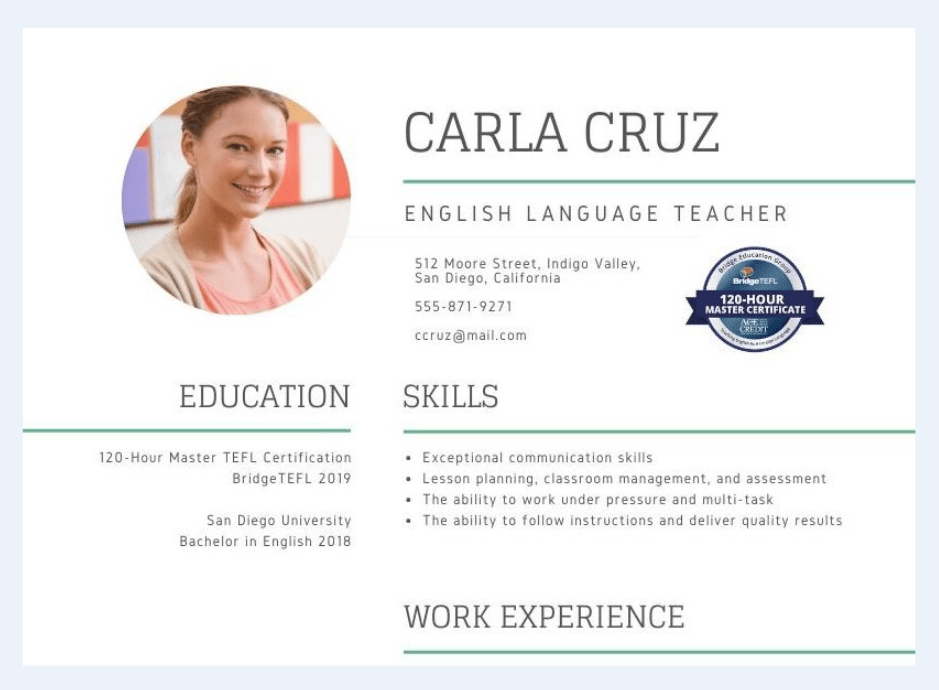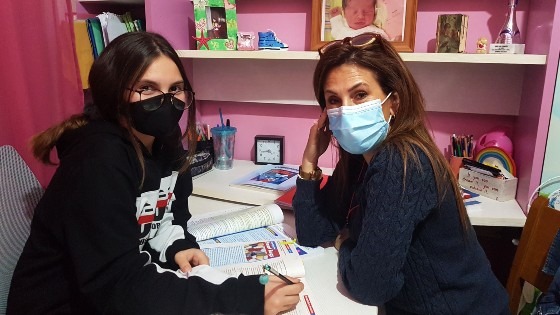The global coronavirus crisis has made an impact on nearly all professional sectors, and education is no exception. While there’s an increased demand for online English teachers, the market is also more competitive than ever. If you’re a TEFL/TESOL course graduate or English teacher on the job hunt and you find yourself feeling frustrated, overwhelmed, or unusually stressed by the process, it’s likely that you’re experiencing TEFL job search fatigue. Luckily, there are ways you can avoid or overcome this natural part of the job search and make the most of your time and energy.
1. Make job searching part of your routine — but only dedicate so much time to it per day.
Setting the expectation that you should always be job searching will quickly lead to frustration and burnout. Instead, a more effective strategy is to job search during a specific part of your daily routine.
For example, you could devote two to four hours to your TEFL job search first thing in the morning.
That way, by lunchtime you’ve already done something productive that you can be proud of. This also means that you have time to spend relaxing with family or friends, or even engaging in activities you love. You don’t need to be spending eight to ten hours a day to have an effective job search; a few focused hours can be enough.

2. Set small, achievable goals and celebrate them.
When you’re in the middle of job hunting, it’s easy to think that getting an offer is the only measure of success. However, that’s not true. Acknowledging small goals along the way will help you to stay motivated during your job search and avoid burnout. Some examples of these small milestones can include:
3. Take this opportunity to add professional development to your credentials.
One of the advantages of job searching is that you may have additional time that you won’t have once you find a job. If that’s the case for you, then it’s the perfect time to empower yourself by taking professional development courses to enhance your resume with new skills and qualifications. These additional skills can show a commitment to lifelong learning, lead to jobs in certain teaching niches, and give you relevant talking points during your interview. Some ways you can add professional development to your resume are:

English teacher Jorge, from Chile, took a Micro-credential course while searching for jobs during the global pandemic.
4. Highlight your achievements by updating your resume.
Another way to maximize your time during your TEFL job search and avoid burnout is to take the opportunity to make your resume shine. This is often the first impression you’ll make on employers, so remember to continually update your resume by doing the following.

5. Join a supportive community – focus on success stories and inspiration.
Tapping into a group of people who are actively engaged in job searching can be a source of support, information, and advice and help you avoid TEFL job search fatigue. Don’t listen to negative voices that tell you there aren’t any jobs available. Instead, place your attention on the people that are finding jobs and thriving. Remember that if someone else can find a TEFL job, you can, too!

Sophia, in France, found an online English teaching job months after her tourism businesses shut down because of the COVID-19 crisis.
6. Remember to take care of yourself.
Avoid burnout when TEFL job searching by prioritizing your own self-care, which includes physical, mental, emotional, and social health. As a job seeker, you might feel like you don’t have the time to tend to yourself. However, the better you are at taking care of yourself, the more energized you will be in your job search.
Many of the tips for avoiding burnout when teaching English online can also be applied to the job search. Try these simple but effective self-care activities:
7. Consider taking your career into your own hands by becoming a freelancer.
Though it might surprise you, TEFL job search burnout can present the perfect opportunity to get started as a freelance English teacher. If you’re a self-starter and enjoy marketing yourself, freelancing might be the right choice for you. Is there a local market of potential students that you could reach through flyers or targeted social media ads? Do you have a special area of expertise that you can use to attract students in a particular ESL niche (English for business, medicine, or engineering, for example)?
Even if you still want to get a TEFL job, picking up a few freelance students while you wait to land the perfect job can give you confidence, bring in additional money, and give you more experience as a teacher. And, as a freelancer, you have distinct advantages:
If you’re experiencing TEFL job search fatigue, you’re not alone, even though you might feel stuck. By following the tips above, you can make the most of your time, gain confidence, and perhaps even chart a new career path as an independent teacher.







